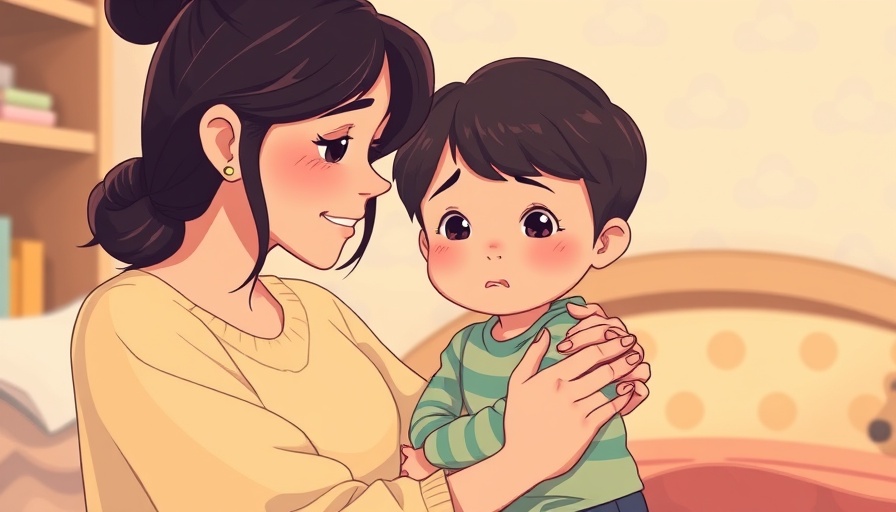
Understanding the Root Causes of Anxiety
Anxiety often feels like an inescapable cycle, taking control over our thoughts and emotions. Many individuals, just like the writer in our reference article, experience an overwhelming sense of dread when faced with life's uncertainties. Understanding the brain's role in these feelings can illuminate pathways to take back control. Neuroscience shows that anxiety stems from a network of interconnected areas in the brain, particularly when individuals experience stress or emotional imbalance.
Empowering Self-Development Through Awareness
The first step towards escaping cycles of panic, overwhelm, and dread is becoming aware of your inner experiences. As we've learned, acknowledging our feelings can be life-changing. Becoming mindful means recognizing negative thoughts without judgment, which allows for a more profound understanding of why we feel the way we do. This discernment lays the groundwork for self-development and improvement. Building self-awareness is one of the primary personal development goals for anyone seeking a better quality of life.
Building a Support System: The Importance of Coaching
While personal growth can be an individual journey, having support can make all the difference. Finding a personal development coach like the one mentioned in the article can help tailor strategies to manage anxiety. Coaches guide individuals through techniques designed to refocus their mindset, building resilience that gradually alters their experiences. Establishing this support system fosters a sense of community, reinforcing that no one is alone in their struggles.
Practical Strategies for Daily Overwhelm
It can help to keep a toolbox of self-improvement skills ready to use when anxiety arises. Simple practices like journaling, meditating, or mindful breathing can significantly reduce feelings of overwhelm throughout the day. Try setting aside moments for these activities to ground yourself, reminding you that it’s okay to pause and recalibrate. These skills encourage emotional regulation and personal growth, vital for overcoming daily struggles.
Finding the Strength to Continue
Overcoming cycles of panic is undeniably challenging. Realizing your worth and reclaiming control over your thoughts is an essential piece of this process. Encourage yourself to be gentle as you navigate through these emotions. Seeking professional support, exploring self-improvement goals, and fostering a sense of community can significantly impact your journey towards healthier mental states.
Concluding Thought: Embrace Your Journey
Remember, everyone faces their own challenges in pursuit of harmony. Your journey may be filled with trials, but the very act of striving for balance and growth is worthwhile. Embrace the process of self-exploration. You deserve to feel at peace, and the tools mentioned here can guide you on that path to inner calm.
 Add Row
Add Row  Add
Add 




Write A Comment